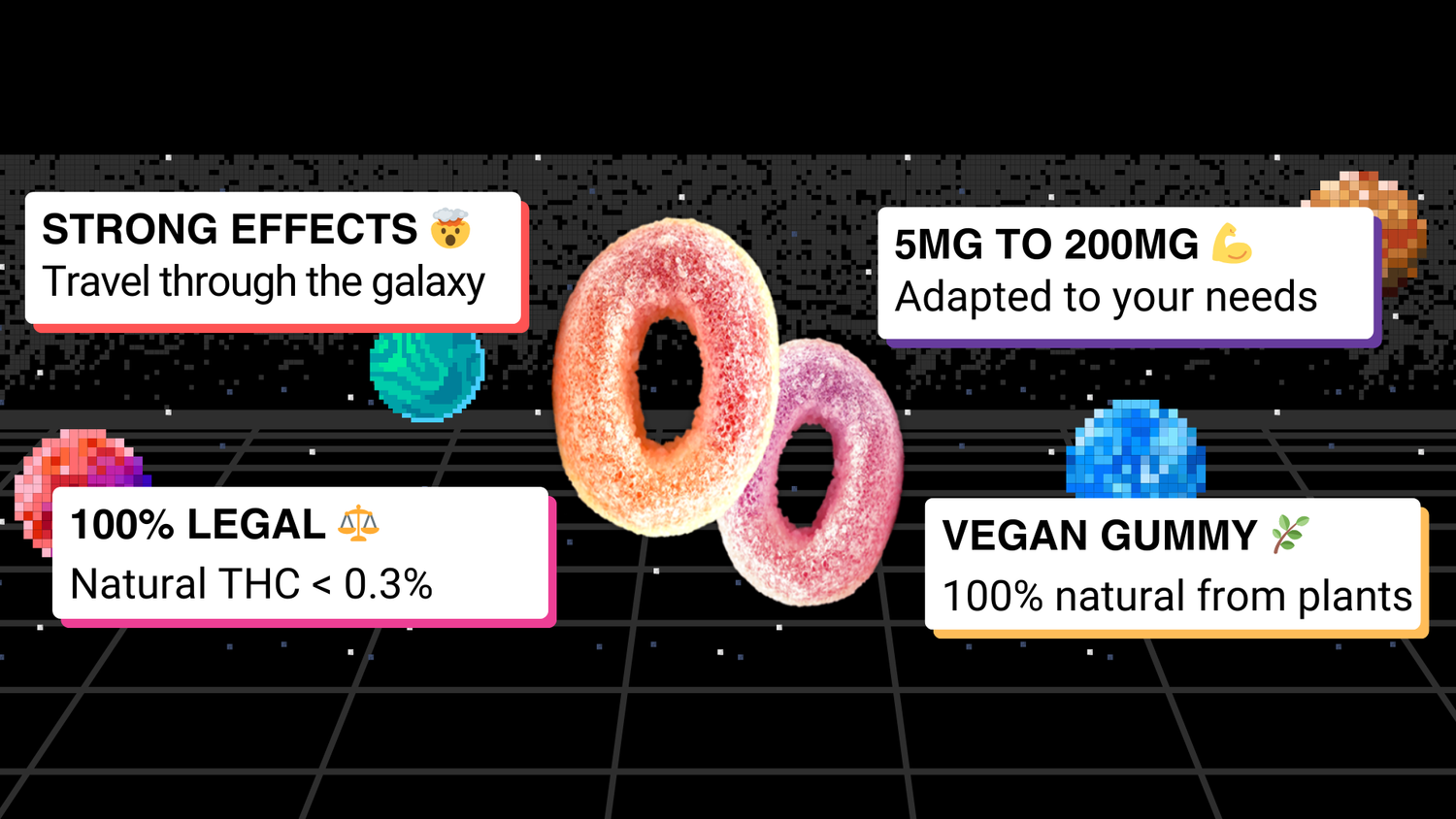Recent legislation, resulting from a decree of June 21, 2023, stipulates that driving after consumption of CBD is prohibited in the event of the presence of tetrahydrocannabinol (THC), even in trace amounts.
Regulation of CBD and THC
Although CBD is sold freely with a THC level controlled at 0.3%, it can result in penalties if traces of THC are detected during a roadside check. CBD is not classified as a narcotic, but the presence of even minimal THC can constitute an offense.
Detection tests
Checks are carried out by blood or saliva tests. The offense is proven as soon as a substance classified as a narcotic (such as THC) is detected, regardless of the quantity.
Importance of legislation for drivers
This legislation highlights the need for drivers to understand the legal implications of consuming CBD, even in the absence of notable psychoactive effects.
Effects of CBD and driving
CBD, a natural extract from hemp, is recognized for its potential health benefits, including anti-inflammatory, analgesic, anti-stress and relaxing properties. The WHO confirms that CBD is not psychotropic and has few side effects.
Risks of driving after CBD consumption
However, at high doses, CBD can induce drowsiness, decreased concentration and muscle relaxation, effects that are incompatible with driving. Mixing CBD with alcohol or certain medications is also not recommended.
Saliva tests and legislation
Currently, no saliva test governs a precise level of THC. The application of blood tests to check THC concentration is no longer valid. Since June 21, 2023, driving after consuming CBD is strictly prohibited.
Consumer advice
It is recommended to consume CBD in a safe and familiar environment, preferably before bedtime to benefit from its relaxing effects without risk for driving. Start with small doses and gradually increase according to your body's reactions. It is advisable to consult a healthcare professional before starting to consume CBD, for personalized advice and to avoid possible drug interactions.
Conclusion
Consumption of CBD before driving should be avoided. Although CBD is not considered a narcotic, it may contain trace amounts of THC, leading to a positive saliva test. The new law aims to reduce the risk of drowsiness and prevent the spread of synthetic cannabinoids.


